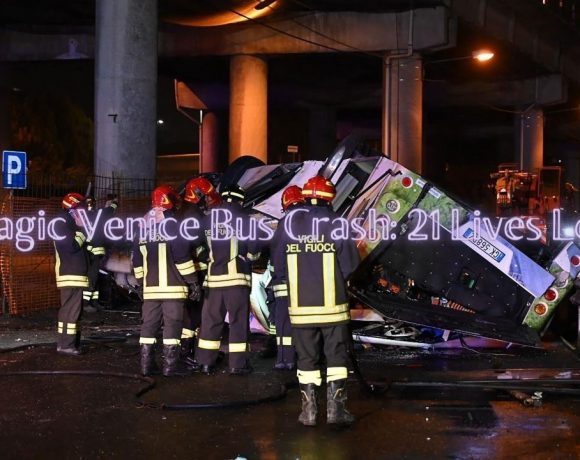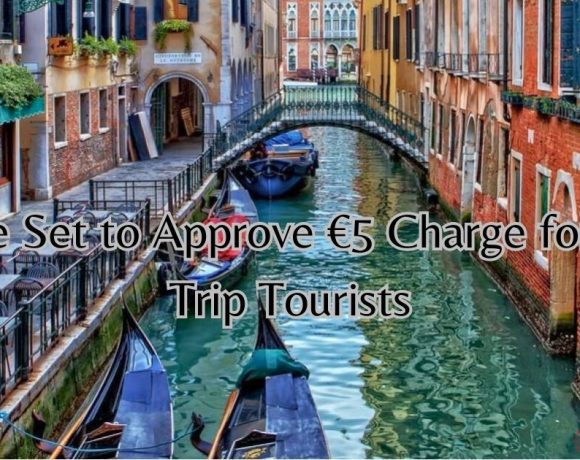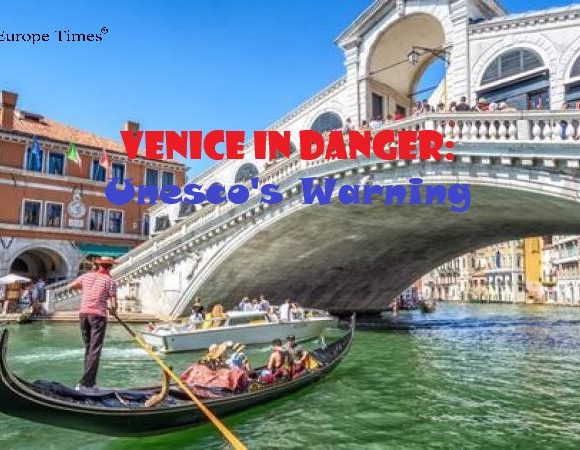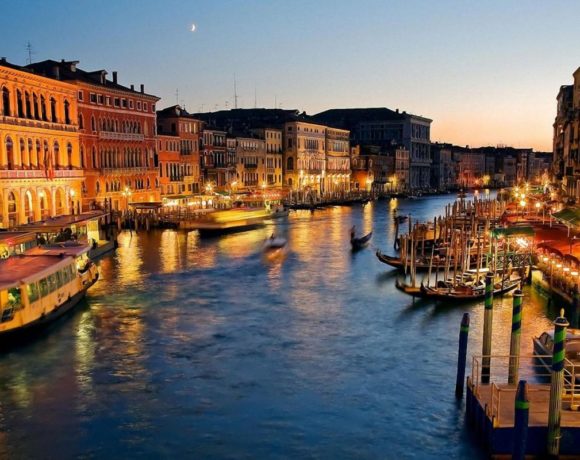
A tragic incident occurred near Venice as an electric bus, carrying 39 people, crashed off a flyover, resulting in the death of at least 21 individuals, including several children. The bus broke through a barrier and plunged nearly 15 meters (50 feet) near railway tracks in Mestre, connected to Venice by a bridge. The casualties included five Ukrainians, one German, and the Italian driver.
Venice Mayor Luigi Brugnaro described the scene as a “huge tragedy” and “apocalyptic.” CCTV footage showed the bus passing another vehicle before toppling off the road. Three children, including a baby, were among the fatalities, and the toll may rise, according to Interior Minister Matteo Piantedosi. Fifteen people were injured, some seriously, including Ukrainians, Austrians, Spaniards, and other foreign tourists.
The bus, an electric vehicle, was rented to transport tourists from Venice to a campsite in the Marghera district. The cause of the accident remains unclear, with investigators examining security camera footage. The experienced 40-year-old driver may have become ill, leading to the tragic crash. Italy’s Prime Minister Giorgia Meloni expressed condolences to the victims’ families.
Picture Courtesy: Google/images are subject to copyright



